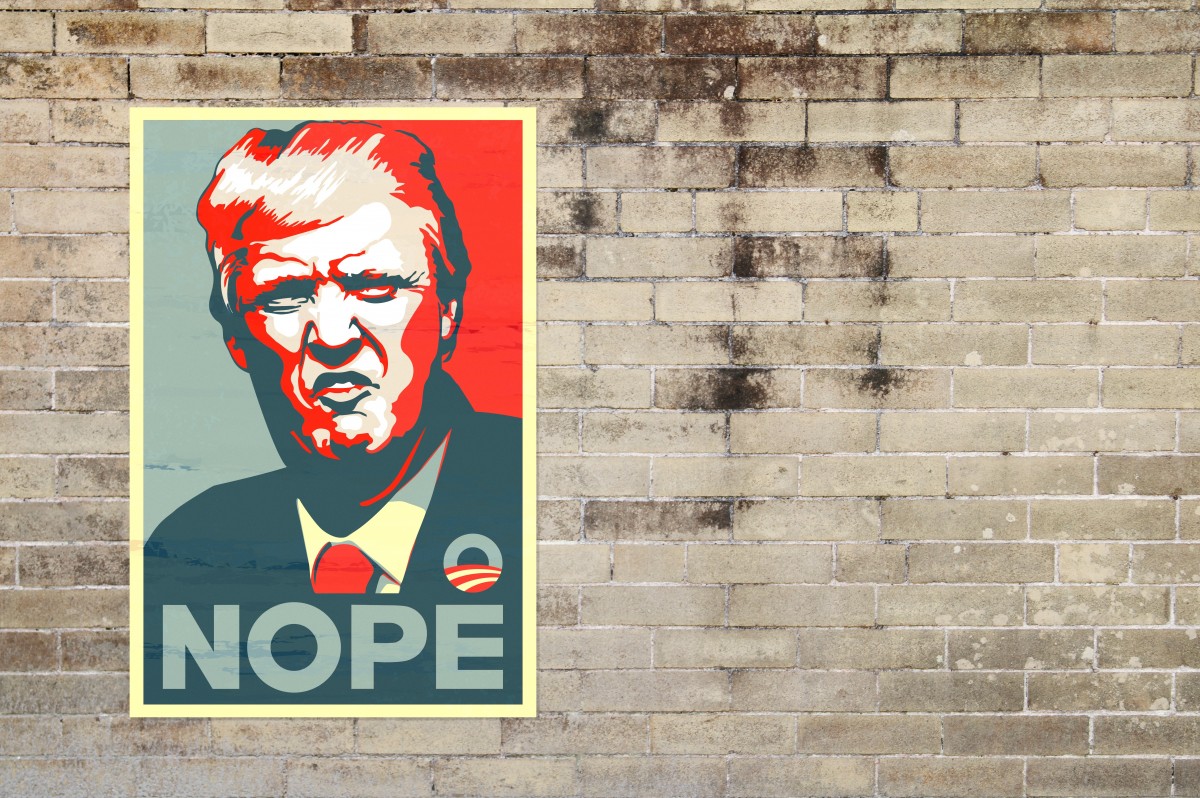Science / Tech
Censorship, the Authoritarian's Snake Oil
The desire to censor is not entirely impossible to understand. When you encounter an idiotic YouTube comment or forum post.

Of all the many world-changing inventions that have come from the field of particle physics, few are more prominent than the World Wide Web. Invented in 1989 by Tim Berners-Lee as a tool for sharing data with other scientists at CERN, the Web was based on a simple yet powerful idea: that a single mouse click could take you from one page to another, anywhere else on the planet. Berners-Lee was remarkably forward-thinking, proposing not only rich content like images or video, but also that the Web should be an interactive and democratic medium, where every user has the power to speak as well as listen. The millennium gave us blogs, wikis, and social media, at which point Berners-Lee’s dream was (sort of) realised, and the internet grew from a toy for geeks into a public utility as ubiquitous as electricity or television. The rest, as they say, is history.
But where science leads, lawyers and politicians inevitably follow. It didn’t take long for the self-appointed moral guardians to arrive on the scene, realise that this wonderful new invention could be used for unwholesome ends, and decide that Something Must Be Done. The result was the notorious Communications Decency Act, passed by US Congress in 1996, which trotted out the usual child-protection clichés to effectively outlaw any online speech that could be considered unsuitable for minors. This blatantly unconstitutional piece of moralistic posturing was unceremoniously slapped down by the courts, of course, as was the marginally more refined second attempt — the Child Online Protection Act — which followed a couple of years later. Americans are well-protected by their First Amendment. The rest of the world is not so lucky.
Here in the UK the government have just passed the Digital Economy Act, which gives the state unprecedented power to block websites they deem insufficiently child-friendly — essentially turning the internet into a glorified electronic kindergarten, whether the 50 million British adults like it or not. Never before did Mark Twain’s famous quip, “censorship is telling a man he can’t have a steak because a baby couldn’t chew it”, seem so appropriate. Throughout Europe we see speech restrictions that would be unthinkable in the US. There are French and German laws against Nazi memorabilia, England’s infamous libel regime, and the very real risk that expressing an unapproved opinion about the ethics of halal butchery could earn you an expensive visit from the thought police. Censorship is not an anomaly. It extends through society like a religion.
If you expected the population to object to the endless assault on their rights, you’d be disappointed. With each power-grab that plops out of the legislature — unopposed, barely-debated, and as fast as the clerks can lift their rubber stamp — the obedient silence from We The People is deafening. Those who argue for absolute freedom of speech are regarded at best as curious oddballs, and at worst as apologists for neo-Nazis or terrorism. Social media luvvies gleefully cheer on prosecutions of people they dislike, oblivious to the possibility that they themselves could become a target of those same laws. The technology media, which used to rage against legal campaigns by Christians or the recording industry, now bleat about “hate speech” and warmly applaud government regulation of the internet as if it were just another TV channel. To say that we are losing the battle for online freedom would be far too charitable. We have surrendered to petty authoritarianism without a fight.

The desire to censor is not entirely impossible to understand. When you encounter an idiotic YouTube comment or forum post, it’s tempting to wish that someone would delete it and improve the quality of discussion. If the comment is on your personal blog or Facebook page, then you have every right to send it to the junkheap. Your house, your rules. But unless you are a tin-pot dictator, banning material from an entire country requires something more substantial than mere dislike. You need a reason — not necessarily a watertight argument, but at least a plausible narrative that will persuade lawmakers to pass your proposal. For a conservative politician, terrorism and the welfare of children will typically do the trick, while those on the Left are likely to mutter something about protecting marginalised communities. The details of the excuse hardly matter, so long as it triggers the right emotions. There is no requirement to prove that the law will actually work.
In his 1976 book The Selfish Gene, biologist Richard Dawkins invented the term “meme” to describe a unit of culture that could propagate and evolve, just as a real gene does. Memes as envisioned by Dawkins include everything from the tune of “Happy Birthday” to entire organised religions. All a successful meme needs is some appealing quality: a cute image, a catchy tune, or the reassuring doctrine that life has meaning and death is not the end. But a popular idea is not necessarily true, and memes often lead people astray. Grieving relatives sometimes spend a small fortune on supposed psychic mediums, while the delusion that acupuncture is an effective cure for cancer might have cost Steve Jobs his life. Faith healing does not work, but people continue to believe in it because it validates their worldview or offers them comfort. Censorship persists for the same reason. It doesn’t solve anything — it might even make the problem worse — but it offers psychological reassurance to sanctimonious control-freaks who want to remake society in their own image.
The importance of free speech has been consistently demonstrated throughout history, which is why it was written into the US Constitution in 1791 and expanded significantly by courts in the 20th century. The ability to develop new theories and challenge prevailing orthodoxies has formed the basis of every great advance that humanity has ever made. Censorship, by contrast, has created nothing of value — not a single invention, not a single scientific discovery, not a single work of art, not a single medical treatment. Given its dismal track record, you might expect the authorities to think twice before reaching for the ban-hammer as a solution to every problem. But faith healers are rarely bothered by lack of evidence, because faith is not based on evidence in the first place. If the disease isn’t cured, you just didn’t pray hard enough. It’s precisely because speech restrictions are so ineffective that their proponents constantly need to expand them in ever more draconian ways.
Technology is a marvel – now let’s make it moral | Martha Lane Fox https://t.co/aA95hSUExz
— Guardian news (@guardiannews) April 10, 2017
Some forms of pseudoscience are relatively harmless. Astrology and Feng Shui may seem rather silly, but as long as people aren’t consulting a horoscope to determine whether a child should be given life-saving medication, they are not damaging anything except their own bank balance. The same cannot be said for abusing the law to stifle the free exchange of ideas, which does considerable harm — both to the intellectual progress of society as a whole, and to the artificial criminals it manufactures out of thin air. There are many serious challenges facing the world, from income inequality to violent terrorism, but the solutions will only be found through open debate and rational enquiry. Real problems cannot simply be censored out of existence, no matter how firmly politicians believe in their favourite legislative snake oil.






